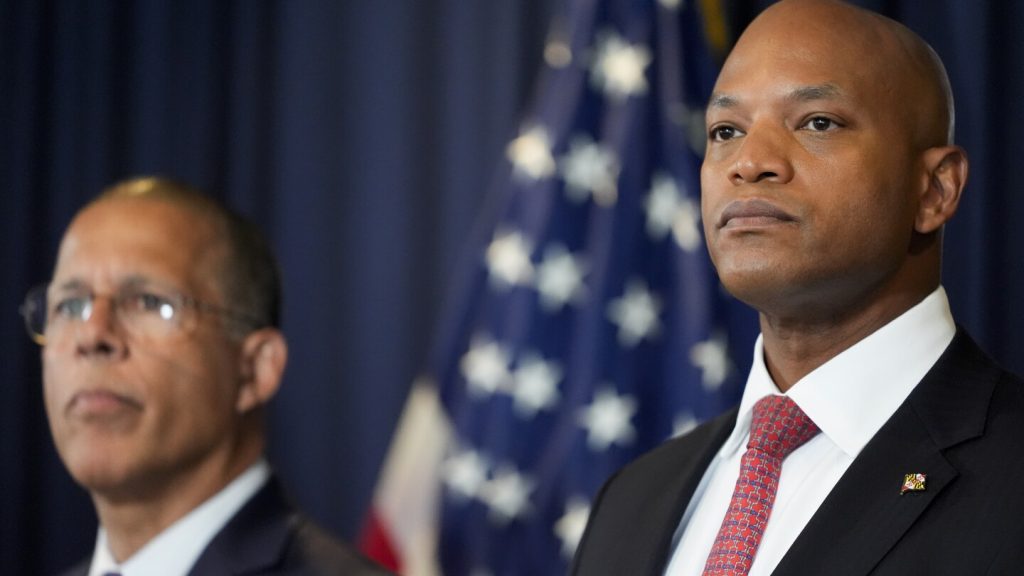Maryland’s Governor Wes Moore announced that the state’s corrections department will cancel debt for mandatory, parole, and administrative release fees, as well as drug testing fees, for individuals currently under the supervision of the agency’s parole and probation division. This decision will alleviate administrative debt for 6,715 cases, totaling over $13 million. Governor Moore emphasized that individuals who have served their time deserve a second chance without the financial burden of recurring administrative fees, stating that this action aligns with the state’s commitment to leaving no one behind and creating paths to work, wages, and wealth for Maryland residents.
The Division of Parole and Probation in the Maryland Department of Public Safety and Correctional Services collects supervision fees from individuals under mandatory release, parole, administrative release, or probation supervision as ordered by the court. The fee is currently $50 per month for those placed on supervision after June 1, 2011, and $40 per month for those placed on supervision before that date. A new law that recently went into effect repealed the Maryland Parole Commission’s authority to assess supervision fees and require individuals on parole, mandatory, or administrative release to pay for drug and alcohol testing fees under specific circumstances.
Maryland Attorney General Anthony Brown praised the decision to waive supervision fees, noting that these fees disproportionately impact low-income communities and people of color. He stated that removing this financial burden will assist Marylanders in their efforts to rebuild their lives and ultimately lower the risk of recidivism, aligning with the shared goal of eliminating mass incarceration. The fee reductions only apply to current parolees under active supervision and do not extend to those who are no longer under supervision or cases already referred to the Department of Budget and Management’s Central Collection Unit.
Delegate Elizabeth Embry, a Baltimore Democrat, commended the administration for taking this important step in removing a barrier to reentry for individuals rejoining the community after serving their sentences. Waiving supervision fees allows individuals to focus on providing for themselves and their families as they reintegrate into society. The decision is seen as a positive move towards creating a more equitable and just state and aligning with efforts to support individuals in their journey towards rehabilitation and successful reentry into society.


